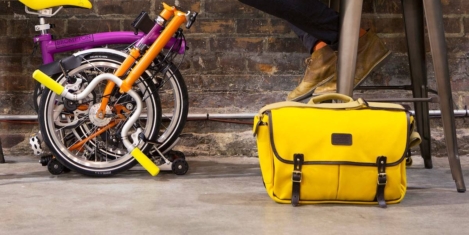August 11, 2017
Reducing the risk of personal gambling becoming a corporate fraud issue
 A recently leaked confidential report for the betting industry says that, if introduced, the new rules to encourage responsible gambling in the UK would lead to closure of half of the country’s bookmakers and the loss of around 20,000 jobs. The report follows widespread concerns about the controversial use, and misuse, of Fixed Odds Betting Terminals (FOBTs) in betting shops which, have been shown to be one of the major causes for problem gambling behaviour (due to their addictive play). They allow customers to place wagers as high as £100 every twenty seconds. With gambling becoming ever more accessible through the spread of FOBTs, the growing number of online betting platforms and access to casinos on the high street, the pressure of funding a gambling habit has become one of the main reasons why people commit corporate fraud.
A recently leaked confidential report for the betting industry says that, if introduced, the new rules to encourage responsible gambling in the UK would lead to closure of half of the country’s bookmakers and the loss of around 20,000 jobs. The report follows widespread concerns about the controversial use, and misuse, of Fixed Odds Betting Terminals (FOBTs) in betting shops which, have been shown to be one of the major causes for problem gambling behaviour (due to their addictive play). They allow customers to place wagers as high as £100 every twenty seconds. With gambling becoming ever more accessible through the spread of FOBTs, the growing number of online betting platforms and access to casinos on the high street, the pressure of funding a gambling habit has become one of the main reasons why people commit corporate fraud.

































August 14, 2017
Seven ways in which flexible working is making our lives more rigid
by Mark Eltringham • Comment, Flexible working, Technology
(more…)